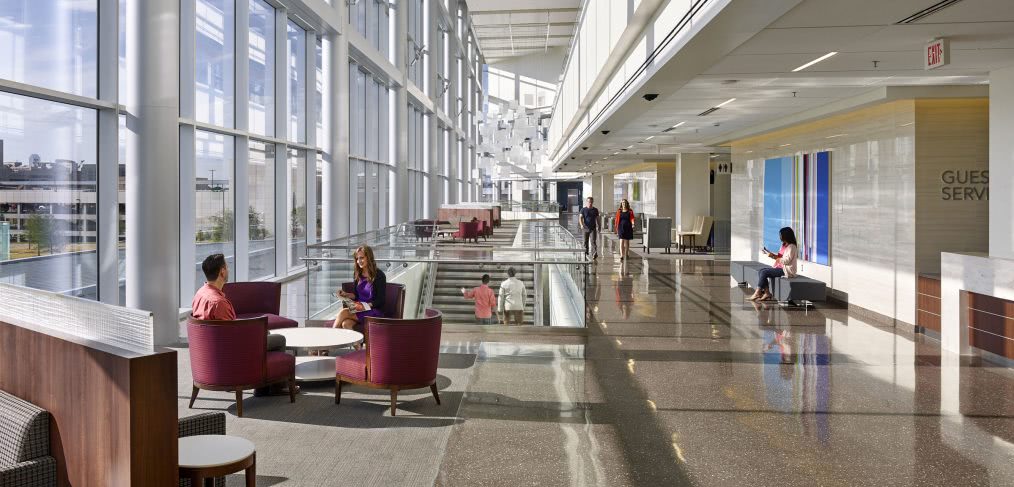
The Next Steps in Healthcare Tech
CRTKL’s Mark Palmer and Scott Chester talk tech, virtual reality and the future of healthcare.
Riding in on the coattails of one of the most contentious years in recent U.S. history, 2017 marks an uncertain future for the country. Despite the changes that are inevitably headed our way, at least one thing remains constant—the need to provide quality care to patients.
With that in mind, we’ve outlined some of the trends that we’re likely to see in the healthcare industry in the coming year. It won’t come as a surprise that these trends and advancements center on technology. With continual technological advancements comes higher levels of service that healthcare systems are able to offer patients. The following technologies allow for improved quality of care and patient engagement and will continue to have an impact on healthcare in the future:
Augmented and Virtual Reality
When most people think about virtual reality, they think of the distant future. What they don’t realize is that virtual reality is already, well, a reality. VR is an integral tool for improving the way that healthcare facilities are designed, and it can also be used for medical training, rehabilitation and pain relief.
This technology creates a three-dimensional, computer-generated environment that can be explored and interacted with in a way that makes participants feel like they are engaged in a real space. In healthcare, it can be used to reduce phantom limb pain for amputees, to aid PTSD sufferers in understanding and coming to terms with their memories, to offer patients pain relief from chronic pain, to give social training to those with autism, and more.
Augmented and virtual reality in healthcare is predicted to generate $2.54 billion globally by 2020.
Wearable Tracking Devices
Wearable tracking devices monitor physical activity, sleep patterns, calorie consumption and other metrics, improving patient care and patient engagement. According to Soreon Research, the market for healthcare wearables is expected to grow to $41 billion by 2020, a compound annual growth rate of 65%.
DeepMind Health
DeepMind Health, a company owned by Google, developed a software platform as a pilot project with Royal Free NHS Trust called Streams. Streams is an app that notifies doctors if a patient is at risk of deterioration and/or death through kidney failure. The goal of the app is to allow clinicians to give faster, better treatment to their patients.
Real-Time Location Systems (RTLS)
Real-Time Location Systems is a technology (typically an app or device) used to automatically identify and track the location of objects or people in real time, usually within a building or other contained area. In a healthcare facility, RTLS provides the ability to quickly locate staff when a patient or other staff member needs assistance during a medical emergency. It also allows nurses and doctors to track the physical movement of patients to help ensure their safety as it can pinpoint the location of a resident who wanders away from a pre-defined area or tries to leave the building.
Patient location services are also able to alert care teams of a patient arrival on the campus. This allows healthcare providers to begin preparing for the patient’s arrival and helps patients begin the check-in process more easily. It can send updates to the patient about estimated wait times based on information pulled from the RTLS. This information can also be used to streamline processes and workflows and to allow health care systems to make data-driven decisions about changes and improvements to their operations. KLAS reported in 2011 that 95% of responding organizations that use RTLS cite operational efficiency gains.
No one can predict all the changes that lie ahead, but there’s no doubt that technology will continue to have a positive effect on healthcare environments. Increasing efficiency and improving patient outcomes is only the tip of the iceberg.
